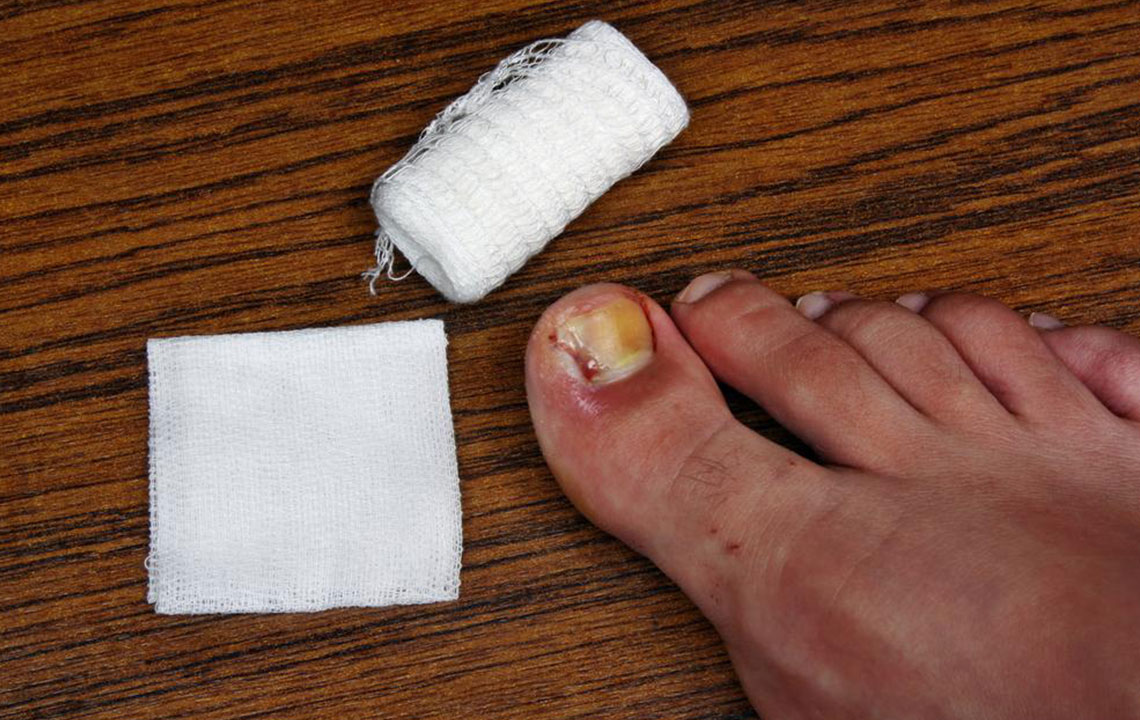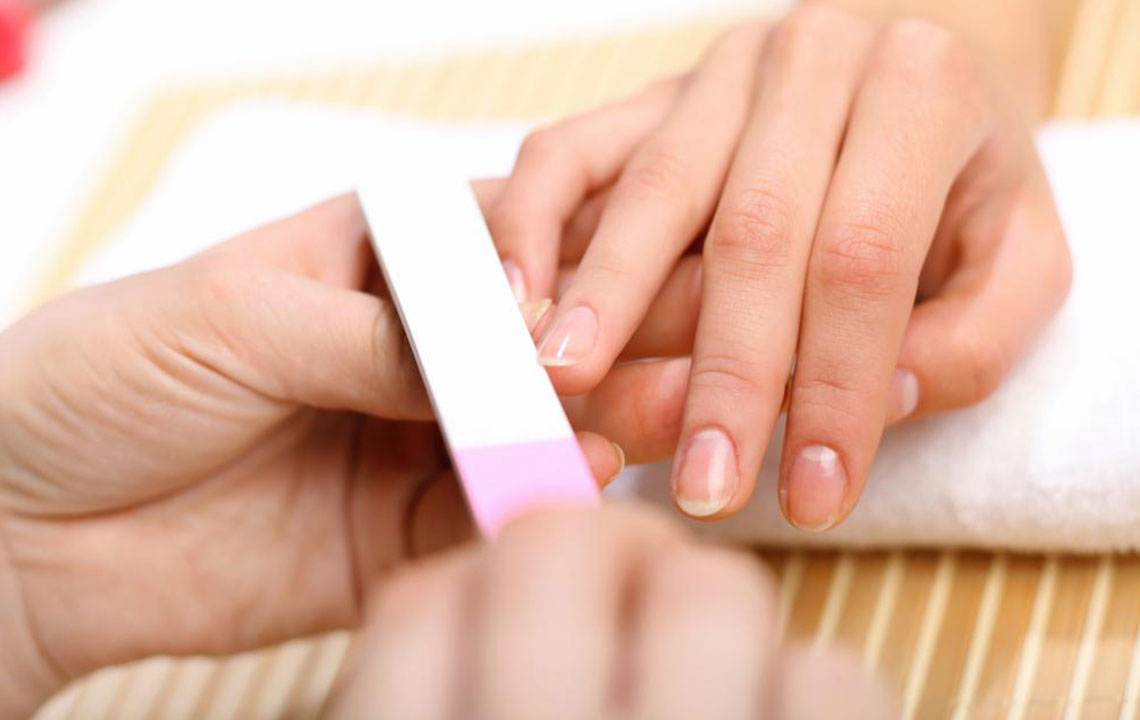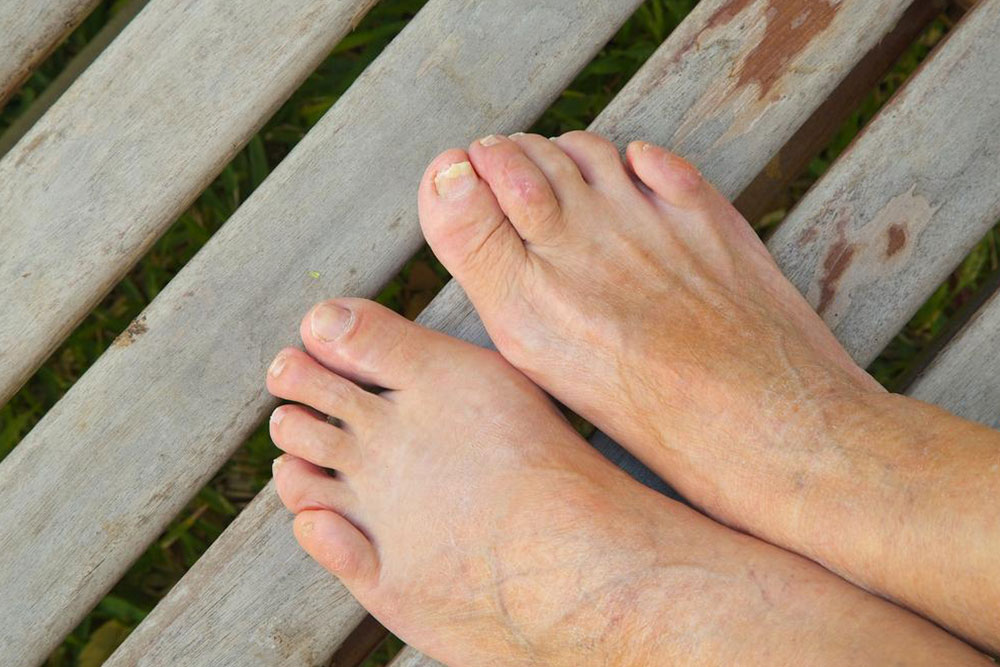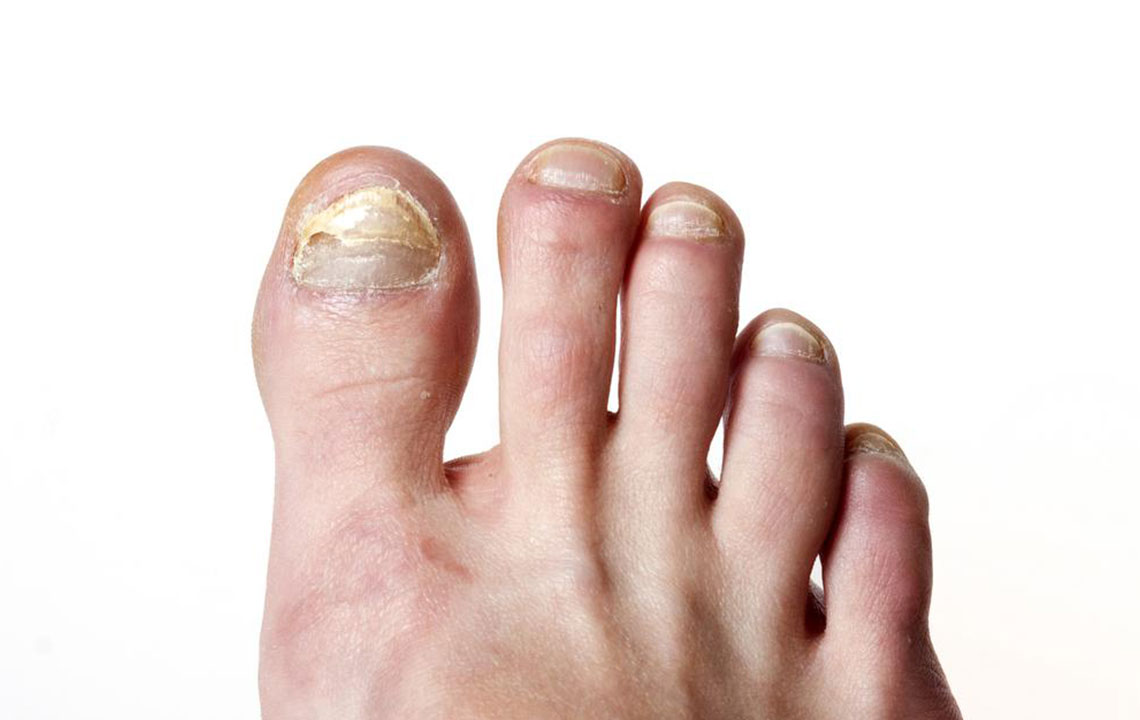Comprehensive Guide to Managing Toenail Fungus Safely During Pregnancy
Pregnant women often face toenail fungus issues, but managing them safely is crucial for both mother and baby. This comprehensive guide covers preventive measures, safe treatment options, and lifestyle tips, ensuring effective fungal control during pregnancy without risking health. Proper foot hygiene, protective footwear, natural remedies, and medical consultation are emphasized to promote healthy nails and overall wellness during this special time.

Comprehensive Guide to Managing Toenail Fungus Safely During Pregnancy
Pregnancy is one of the most significant and joyful phases in a woman's life, filled with anticipation and new beginnings. However, it also brings increased attention to health and wellness, as hormonal changes and physical adjustments can sometimes lead to or exacerbate various health issues, including fungal infections such as toenail fungus. Managing toenail fungus during pregnancy requires a careful balance between effective treatment and ensuring the safety of both mother and developing baby. This detailed guide aims to provide pregnant women with comprehensive, safe, and practical strategies to handle toenail fungal infections confidently and effectively.
Toenail fungus, medically known as onychomycosis, is a common fungal infection that affects the nails, causing discoloration, thickening, brittleness, and sometimes pain. Its prevalence increases during pregnancy due to hormonal fluctuations, changes in blood circulation, and sometimes increased moisture and sweating, which create an ideal environment for fungi to thrive. Additionally, pre-existing fungal infections may worsen if not managed properly, leading to discomfort and potential complications.
While toenail fungus can be bothersome, especially during pregnancy when many medications and treatments are restricted, there are numerous safe and effective strategies to control and eliminate the infection without putting your health or that of your baby at risk. Understanding how to prevent fungal growth, maintain optimal foot hygiene, and choose appropriate treatments is essential for expectant mothers dealing with this issue.
Preventive Measures to Reduce Fungal Exposure
Prevention plays a crucial role in managing toenail fungus during pregnancy. Taking steps to minimize exposure to fungi in everyday environments can significantly reduce the risk of developing or aggravating an existing infection.
Protective Footwear in Public Spaces: Always wear closed, breathable shoes when visiting communal areas such as gyms, pools, or showers. Fungal spores are commonly present in damp, shared environments, and footwear acts as a barrier to prevent contact and infection.
Regularly Change Socks and Shoes: Moisture creates an ideal breeding ground for fungi. Change socks daily and opt for moisture-wicking materials. Rotate shoes to allow them to air out thoroughly, reducing dampness and fungal growth risk.
Maintain Proper Foot Hygiene: Wash feet thoroughly with soap and water daily. Dry feet completely, especially between toes, to prevent trapped moisture. Consider using antifungal powders or sprays designed for foot care, but consult your healthcare provider before applying them during pregnancy.
Avoid Walking Barefoot in Public or Damp Areas: Walking barefoot exposes your nails to fungi lurking in public showers, locker rooms, or pool decks. Wearing shoes or flip-flops provides a protective barrier.
Keep Nails Trimmed and Clean: Regular trimming helps prevent fungi from settling under thickened nails and avoids minor injuries that serve as entry points for fungi.
Safe and Effective Treatment Options During Pregnancy
Treating toenail fungus during pregnancy requires a cautious approach, as many antifungal medications are contraindicated or not recommended due to potential risks to the fetus. Fortunately, there are several safe options available, primarily focusing on topical treatments and lifestyle modifications.
Use Topical Antifungal Agents: Topical treatments such as over-the-counter antifungal creams, ointments, or medicated nail lacquers are considered safe during pregnancy. These products can be applied directly to the infected nails and surrounding skin to inhibit fungal growth.
Prescription Topical Treatments: In some cases, your healthcare provider may recommend prescription-strength topical medications tailored for pregnant women. Always follow medical advice and avoid over-the-counter drugs without consultation.
Maintain Proper Foot Hygiene: Regular cleaning, drying, and trimming of nails enhance the effectiveness of topical treatments. Keeping nails as short as possible reduces fungal proliferation and makes topical applications more effective.
Natural Remedies and Home Care: Some women explore natural remedies like tea tree oil, which possesses antifungal properties. While generally safe, consult your healthcare provider before use to ensure safety during pregnancy.
Monitoring and Medical Follow-Up: Regular check-ups enable your healthcare provider to monitor progress and adjust treatments as necessary. If the infection persists or worsens, they may suggest safer, more aggressive options after evaluating potential risks.
Additional Tips for Managing Toenail Fungal Infections
Beyond direct treatments, adopting certain habits can significantly contribute to managing toenail fungus during pregnancy:
Avoid Nail Polish and Artificial Nails: Applying nail polish or gel layers traps moisture and impairs oxygen flow, creating a favorable environment for fungi. Limiting or abstaining from polish during infection can help nails breathe and recover.
Keep Feet Dry and Cool: Wear breathable footwear and avoid excessive sweating. Using foot powders can help absorb moisture, reducing fungal growth potential.
Choose Breathable Footwear Materials: Leather and canvas shoes allow better air circulation compared to synthetic materials, helping keep feet dry.
Maintain a Healthy Diet and Lifestyle: Proper nutrition supports immune health, aiding in fungal resistance. Hydration and a balanced diet rich in vitamins and minerals can promote nail health and healing.
Stay Patient and Consistent: Fungal infections are persistent. Consistent application of treatments and preventive measures over several months are usually required for full resolution.
When to Seek Medical Advice
If you notice symptoms such as persistent discoloration, thickening, crumbling nails, or if the infection spreads or causes pain, consult your healthcare professional promptly. Professional evaluation ensures you receive safe, effective treatment options tailored to your pregnancy. Avoid trying to self-medicate with strong antifungals or other medications without medical supervision during this critical period.
Managing toenail fungus during pregnancy involves a combination of preventive hygiene practices, safe topical treatments, and lifestyle modifications. Remember, early intervention and consistent care are key to preventing complications and ensuring healthy nails throughout your pregnancy journey. Always prioritize consultation with your healthcare provider to choose the safest and most effective treatment plan tailored to your unique needs.





